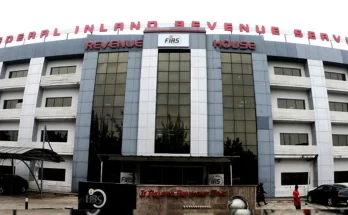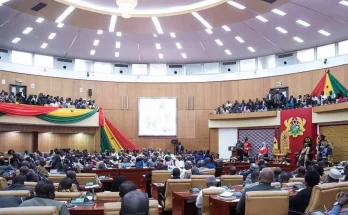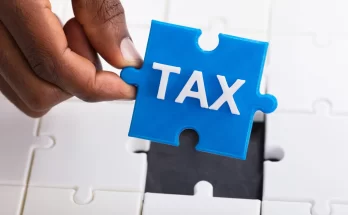Small Companies in Nigeria Still Required to File Returns Under New 0% Tax Rule. The Federal Inland Revenue Service (FIRS) has clarified that small companies in Nigeria will still be mandated to file their annual tax returns from 2026, even though their Company Income Tax (CIT) rate has been set at zero percent under the new fiscal reforms.
This clarification was issued by Mr. Kehinde Kajesomo, a Deputy Director at FIRS, during a virtual session titled “Income Taxes: Expected Changes in 2026 and How to Stay Compliant.”
According to him, the misconception that small firms would be “tax-exempt” is inaccurate under the reformed framework.
“From 2026, small companies will pay tax, but at zero percent,” Kajesomo explained.
“They are no longer exempt. They must compute their taxable profits and file self-assessment returns, even though the tax payable will be zero.”
New Threshold for Small Companies
Under the revised tax rules, the definition of a small company has been expanded to support micro- and small-scale enterprises.
Firms now qualify as small companies if they:
- Earn N50 million or less in annual turnover, and
- Have fixed assets not exceeding N250 million.
These companies will pay 0% CIT, including 0% Capital Gains Tax (CGT)—a significant shift, as small firms were previously subject to 10% CGT.
See Also: South Africa’s Mining Sector Faces Renewed Calls for Transparent and Fair Taxation
Higher Obligations for Large and Multinational Companies
While small companies benefit from reduced rates, larger entities will face stricter compliance under the Additional Tax Rule (ATR).
The rule applies to:
- Multinational enterprises (MNEs) with global turnover above €750 million, and
- Nigerian companies with annual turnover above N50 billion.
These companies must meet a minimum effective tax rate of 15%, aligning Nigeria with the global minimum tax (GMT) standard backed by the OECD and G20.
Corporate Tax Rate May Drop to 25%
Kajesomo also noted that the standard 30% corporate income tax rate for medium and large companies remains unchanged for now.
However, he disclosed that President Bola Tinubu may approve a reduction to 25%, pending recommendations from the National Economic Council.
“If the Council advises a reduction, the President may act on it. Any change will be published through an official gazette,” he added.
Capital Gains Tax: No Increase to 30%
FIRS dismissed rumours claiming that capital gains tax has risen from 10% to 30%.
Kajesomo described the reports as “incorrect,” noting that:
- Small companies will pay 0% CGT,
- Large companies will pay based on their effective CIT rate, though many may pay less than 10% after deductions.
New 4% Development Levy Introduced
The ongoing tax reforms introduce a Development Levy of 4% on assessable profits, replacing several existing sectoral levies, including:
- Tertiary Education Tax
- IT Levy
- Police Trust Fund Levy
- NASENI Levy
Exemptions from the new levy include:
- Small companies
- Non-resident companies
- Companies reporting assessable losses
This reform aims to streamline Nigeria’s fragmented levy system into a unified framework.
Global Minimum Tax Compliance for Nigerian Multinationals
Under Section 6 of the new tax act, Nigerian parent companies must top up taxes for foreign subsidiaries taxed below the 15% global minimum threshold.
This rule ensures profit-shifting to low-tax jurisdictions becomes less attractive and aligns Nigeria with international anti-base-erosion standards.
Summary
The FIRS emphasised that filing obligations now apply to all companies—big or small—under the 2026 regime. While many firms will benefit from reduced rates, the government is simultaneously tightening compliance, broadening the tax net, and aligning with global tax standards.
Nigeria’s broader fiscal reform agenda aims to improve transparency, reduce leakages, and strengthen non-oil revenue collection by 202




